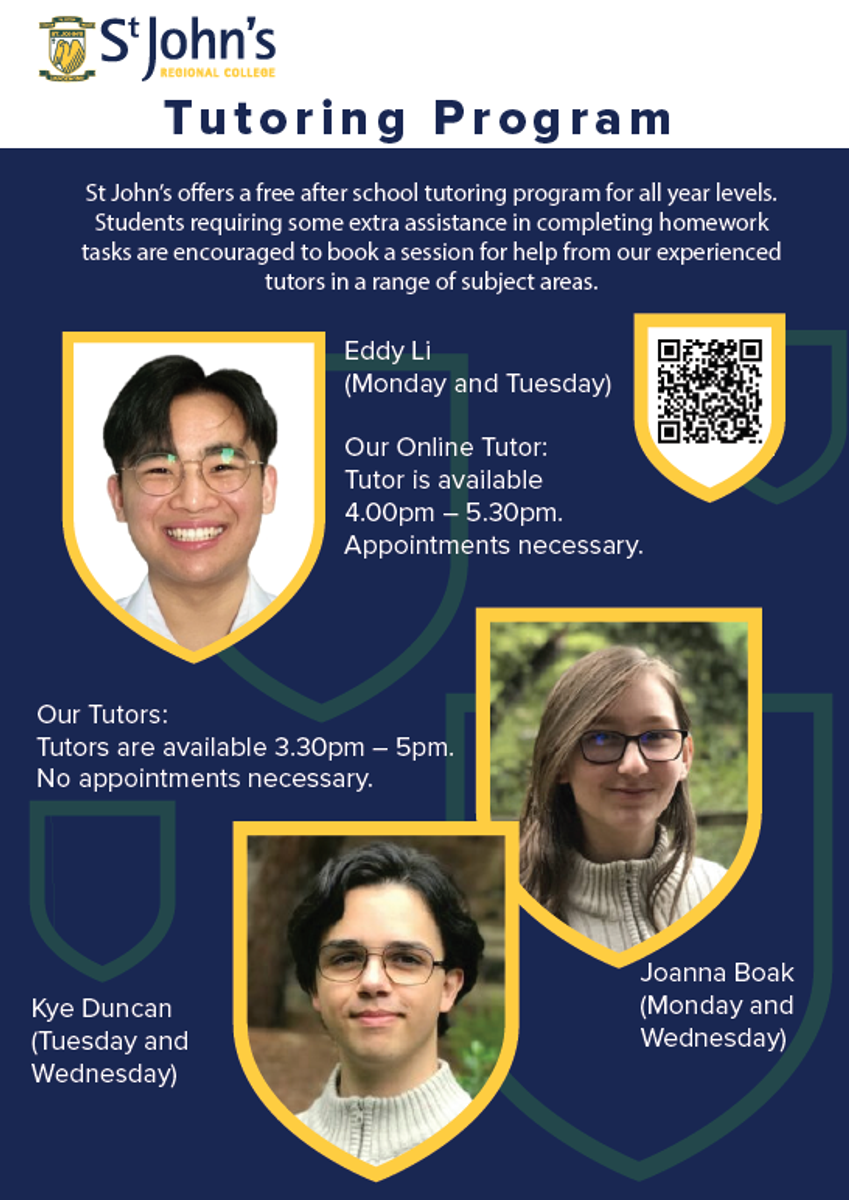Deputy Principal - Learning and Teaching
Kamila Bielinski

Deputy Principal - Learning and Teaching
Kamila Bielinski
Parent/Teacher Interviews
Thank you for partnering with us in the opportunity to participate in Parent/Teacher interviews. We value meeting with you to discuss the progress of your children. Please keep the lines of communication open throughout the year and contact your child’s teachers via email or SEQTA if you have any concerns regarding their learning.
Semester 1 Examinations
Exams are a common method of assessment at secondary school that prepare our students for the demands of VCE and future study.
End of Semester Examinations are fast approaching. Year 8 to 11 Examinations for Semester 1 will commence in Week 6 on Thursday the 1 June.
Examination timetables with further details will be published in the coming weeks.
The examination schedule for Years 7 to 11 can be found below.
YEAR 7
| |
SEMESTER 1 | SEMESTER 2 |
No Examinations | SCI/MAT, STEP |
YEAR 8
| |
SEMESTER 1 | SEMESTER 2 |
SCI/MAT, STEP | SCI/MAT, STEP |
YEAR 9
| |
SEMESTER 1 | SEMESTER 2 |
English, Mathematics, Science, Humanities elective/s | English, Mathematics, Science Humanities elective/s |
YEAR 10 & 11
| |
All subjects except for Year 10 RE CAP and Year 11 RE KWL. | |
It is vital that all students commence consolidating learning and preparing for examinations throughout the academic year, there is no better time than now.
When stresses are high, our brains do not work to the best of its ability, resulting in the students finding it harder to access information previously studied or learned. Below are 10 ways to help your child be a successful learner.
For further explanation of the above tips and other ways to assist your child in developing study habits please click on these links.
Tutoring Service
A reminder about our in-house tutoring service.
The College offers free high-quality tutoring in the CLC (Library), we encourage all students to access this service.
Please remind your children about this wonderful opportunity.

